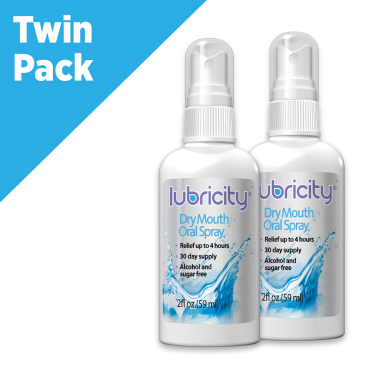Coffee is one of the most popular beverages consumed worldwide, cherished for its rich aroma and ability to provide an energy boost. However, some coffee enthusiasts may experience an unpleasant side effect: dry mouth. In this article, we explore the connection between coffee consumption and dry mouth, discussing possible reasons behind this phenomenon and suggesting a potential solution for those affected.
Can Coffee Cause Dry Mouth?
Many individuals have reported experiencing dry mouth after consuming coffee. While not everyone may encounter this issue, it is essential to understand the factors that contribute to dry mouth and how coffee may play a role. A dry mouth, medically known as xerostomia, refers to a condition where the salivary glands do not produce sufficient saliva, leading to a dry and parched feeling in the mouth.
The Link Between Coffee and Dry Mouth
Several factors within coffee contribute to the occurrence of dry mouth. Firstly, coffee is a diuretic, meaning it can stimulate increased urine production and subsequently lead to dehydration. Dehydration affects the body’s fluid balance, including saliva production. When the body lacks sufficient fluids, salivary glands may not produce an adequate amount of saliva, resulting in a dry mouth sensation.
Secondly, coffee contains caffeine, which is known to have a drying effect on the body. Caffeine can cause vasoconstriction, narrowing the blood vessels and reducing blood flow to various parts of the body, including the salivary glands. This restricted blood flow can inhibit the normal function of the glands, resulting in decreased saliva production and ultimately leading to a dry mouth.
Why Does Coffee Make My Mouth Dry?
Apart from the diuretic and vasoconstrictive effects, there are additional factors that can contribute to coffee causing a dry mouth. Coffee is acidic, and its consumption can alter the pH balance in the mouth. Acidic substances can irritate the oral tissues, including the salivary glands, leading to a decrease in saliva production and an uncomfortable dry mouth feeling.
Furthermore, certain compounds found in coffee, such as tannins, can have an astringent effect. Astringents cause the contraction of body tissues, including the oral cavity. This contraction can reduce the flow of saliva and contribute to dry mouth symptoms.
Find Out: How Much Caffeine is Too Much
Coffee and Dry Mouth: Finding a Solution
If you enjoy coffee but frequently experience dry mouth, there are steps you can take to alleviate this discomfort. One such solution is using a lubricity dry mouth spray. These sprays are specifically formulated to provide moisture and relief to individuals suffering from dry mouth symptoms. By using a lubricity dry mouth spray, you can enhance saliva production and alleviate the dry mouth sensation, allowing you to enjoy your coffee without discomfort.
While not everyone may experience dry mouth after consuming coffee, it is a common issue reported by many individuals. The diuretic properties, caffeine content, acidity, and astringent effects of coffee can contribute to a decrease in saliva production, leading to a dry mouth sensation.
However, using a lubricity dry mouth spray can provide relief and restore moisture to the oral cavity, making it an effective solution for those experiencing coffee-related dry mouth symptoms. So, enjoy your cup of coffee while keeping your dry mouth at bay!
Lubricity is a Proud Supporter of the
What do customers say about Lubricity Dry Mouth Spray?













